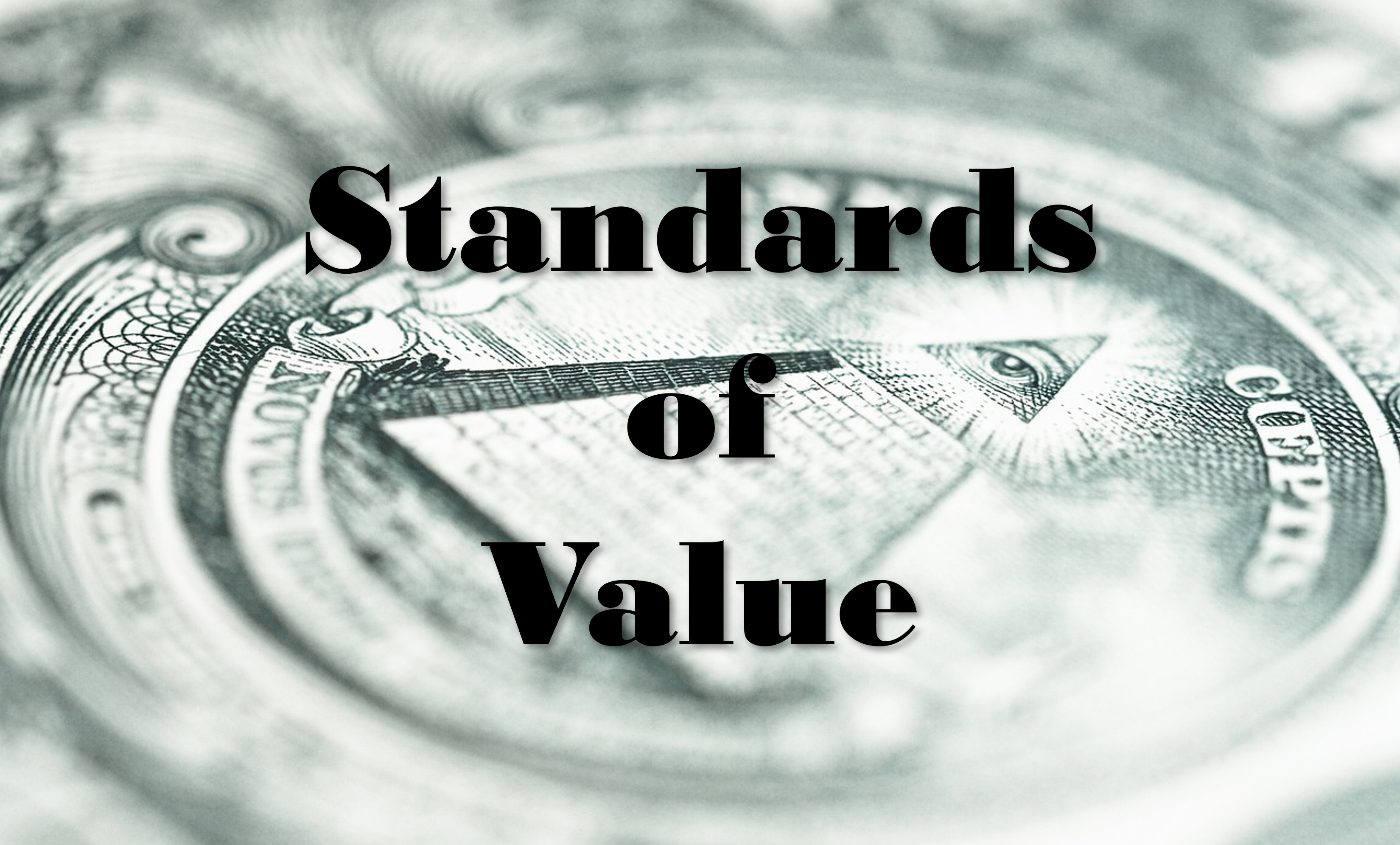When you have a need for a business valuation, whether it’s for your business or a client?s business, you want to ensure you get the proper valuation. But what does that mean, really?
There is a large amount of perspective involved. If you are purchasing a business, or supporting a client to do so, you want the valuation to ensure you are confident the amount is correct, and that you are not given an inflated number. If you are selling, or helping a client sell, then the ideal business valuation is one that positions you to make a tidy profit.
You cannot wave a magic wand and make the business valuation what you want, though that might seem like a nice idea. Rather, the most effective means of getting a business valuation is to engage with an unbiased third party.
Fostering Trust
The need for an experienced third-party to perform business valuations becomes evident when, as an attorney, investment banker or M&A professional, you need to ensure that the business valuation is performed from a neutral perspective.
“Our focus is to provide an unbiased evaluation regardless of the purpose or need,” said Taylor Herzog, business valuation specialist. “The end result is a valuation that is resistant to uncertainty to allow for improved qualitative judgment.”
Regardless of your role in the process, it is important to understand the need for the valuation. According to Madhu Ahuja, president, founder and managing member of Ahuja & Clark, PLLC, business valuation is a complex process that must be strategically thought out before moving forward, and requires a specialized skill set.
“It is important to consider the premise of value, determine what level is being valued, and the purpose of a valuation. Therefore, the first step for anyone buying, selling, or evaluating a business is to find a firm that has the experience,” said Madhu. “You will want a qualified valuation analyst who has worked with numerous businesses, M&A firms, attorneys and lenders. In addition, make sure the analyst understands the purpose of providing the valuation and does so in an unbiased manner.”
The Beginning is Purpose
An important step in the valuation process is to determine the purpose. Basic purposes that often drive the need for valuing a business include tax assessment, litigation, transactions, such as buying or selling, and/or regulatory concerns or requirements. However, there are other purposes that facilitate the need for a business valuation, including:
- Mergers and acquisitions – to determine purchase price and value of new entity.
- Buy/sell agreements – to define the methodology for valuations.
- Banks ? Loan applications – SBA loans require an independent valuation.
- Estate, gift and income tax ? to determine the value of an inheritance or gift.
- Litigation – divorces, partner disputes, dissenting shareholder actions, insurance claims, or wrongful death and injury cases are just a few examples of the types of litigation where a business valuation is needed.
- Financial reporting – Acquisition of intangible assets and goodwill impairment.
- Regulatory – The Department of Labor requires valuations for Employee Stock Option Purchases (ESOPs).
“You should not gloss over this step as it sets up the framework for the valuation,” said Madhu. “The analyst must understand and implement the correct approach and method of valuation. Otherwise, the business will not be valued correctly, leaving the reason for the valuation open to scrutiny and potentially even litigation.”
Of course, this is just the first step in a very complex process. Business valuation is an art and a science. History has illustrated that the opinion of value can wildly differ and that fortunes have been made and lost on differences in those opinions, making it all the more important to align with a professional with the credentials and an unbiased opinion.
If your valuation does not return the results you hoped, there are steps you can take to adjust the valuation for the next time.
How Do You Improve the Value of a Business?
After working with the appropriate professionals, a business valuation offers enormous insight that often begs the question of how to improve the value of a business. There are strategies to create value, as long as they accomplish one of the following:
- Increase revenue growth while generating excess returns
- Increase the length of the high growth period
- Increase cash flows from existing investments
- Reduce the cost of capital that is applied to discount the cash flows
“There are certain scenarios where you want to have an independent business valuation professional regularly review and evaluate your business,? said Madhu. ?Continuity planning, succession planning, or working with an attorney to set up some type of limited partnership or trust are just a few examples. It is important to align with a professional who understands the revenue rulings, IRS codes, minority discounts and other crucial factors that impact your valuation.”
Madhu Ahuja has a CPA, CVA and CFE, which uniquely qualifies her to provide information and perform complex services such as business valuations. She and her team at Ahuja & Clark, PLLC ensure that their clients receive quality solutions even with the most sophisticated of requirements. You can learn first-hand from Madhu and Taylor by joining us for a webinar on June 23rd at noon. Hosted by serial entrepreneur Terri Maxwell, CEO of Share On Purpose, you will gain insights into the process of business valuation, as well as methods to improve overall business value through the eyes of investors and the marketplace in general. Sign up today!






